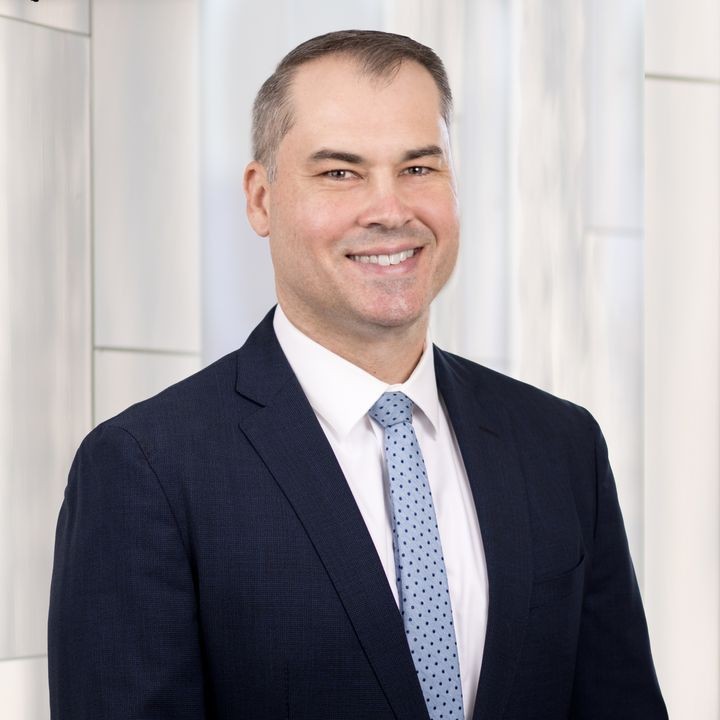Understanding the Nuances of the Attorney-Client Privilege and Work Product Doctrine: Los Angeles Federal Bar Association
Event | 05.09.24, 6:00 PM PDT | CLE Offered
Agustin Orozco will be moderating a panel on Understanding the Nuances of the Attorney-Client Privilege and Work Product Doctrine alongside panelists HONORABLE PATRICIA DONAHUE,
U.S. MAGISTRATE JUDGE; LINDSEY GREER DOTSON, ASST. U.S. ATTORNEY, CHIEF, PUBLIC CORRUPTION & CIVIL RIGHTS SECTION; and CAROLYN SMALL, SPECIAL COUNSEL (JENNER & BLOCK)
The attorney-client privilege and work product doctrine stand as fundamental cornerstones in civil and criminal matters, safeguarding the confidentiality of communications between lawyers and their clients. These principles, however, present a labyrinth of legal, ethical, and practical challenges for both legal practitioners and their clients to navigate. Our panel discussion explores the multifaceted dimensions of the attorney-client privilege and work product doctrine, focusing on their critical roles, limitations, and strategic implications. Panelists will also discuss how the privilege and doctrine apply in various scenarios, including in the joint defense context and when dealing with third parties--such as external auditors. Food and drinks will be provided, with a reception prior to the discussion.
MCLE: 1 Hr. General MCLE This activity has been approved for Minimum Continuing Legal Education Credit by the State Bar of California. The FBA certifies that this activity conforms to the standards of approved education activities prescribed by the rules and regulations of the State Bar of California governing minimum continuing legal education.
For more information, please visit these areas: White Collar and Regulatory Enforcement
Participants
Insights
Event | 04.23.26
Please join us for an intensive investigations-focused program following our annual Ounce of Prevention Seminar for Government Contractors.
Event | 04.22.26 - 04.23.26
Event | 03.30.26
Event | 03.26.26


